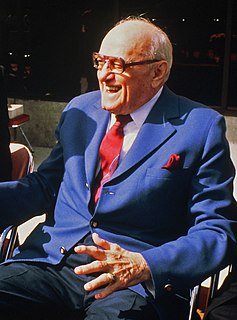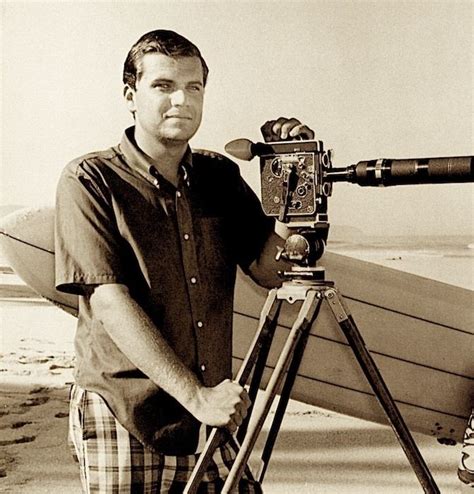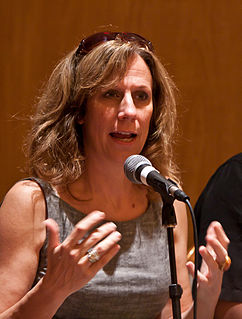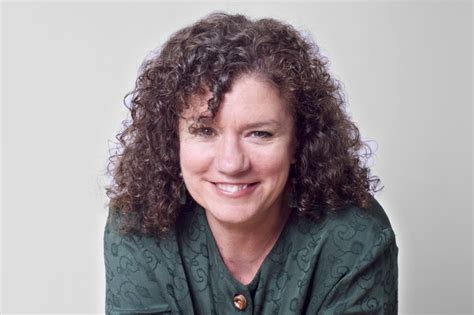A Quote by Moira J. Moore
There was alliteration happening all over the place in that sentence.
Quote Topics
Related Quotes
The book was long, and difficult to read, and Klaus became more and more tired as the night wore on. Occasionally his eyes would close. He found himself reading the same sentence over and over. He found himself reading the same sentence over and over. He found himself reading the same sentence over and over.
Writing is linear and sequential; Sentence B must follow Sentence A, and Sentence C must follow Sentence B, and eventually you get to Sentence Z. The hard part of writing isn't the writing; it's the thinking. You can solve most of your writing problems if you stop after every sentence and ask: What does the reader need to know next?
It is a confession that we do not have such a prodigious head as is required to answer the question what is happening, that we cannot get on top of what is happening, that we are stuck in the middle of it, in medias res, inter-esse, amazing and bewildered. We cannot soar over what is happening with philosophy's eagle-wings. What's happening has clipped our wings.
Most people write the same sentence over and over again. The same number of words-say, 8-10, or 10-12. The same sentence structure. Try to become stretchy-if you generally write 8 words, throw a 20 word sentence in there, and a few three-word shorties. If you're generally a 20 word writer, make sure you throw in some threes, fivers and sevens, just to keep the reader from going crosseyed.
In America, to have news that has explicitly taken a position is a very strange place to be in, and it's a very dangerous place to be in. And that's happening on Facebook, as you saw, and that's happening online. People are just being given their news and not the news, which is really, really scary.
People who came to the clinics or came to the fundraiser knew what was happening in their state but didn't realize the profundity of what was happening all over the place. But the third thing [was] that at every single clinic I went to, somebody who worked there - it could have been the doctor, it could have been the receptionist - said, "Thank you for coming, no one ever comes." And it broke my heart...I've used these services, I've had an abortion, I got to be where I am because of access to making choices to have the life I wanted.
But sometimes when I was starting a new story and I could not get it going, I would sit in front of the fire and squeeze the peel of the little oranges into the edge of the flame and watch the sputter of blue that they made. I would stand and look out over the roofs of Paris and think, 'Do not worry. You have always written before and you will write now. All you have to do is write one true sentence. Write the truest sentence that you know.' So finally I would write one true sentence, and then go on from there.


































